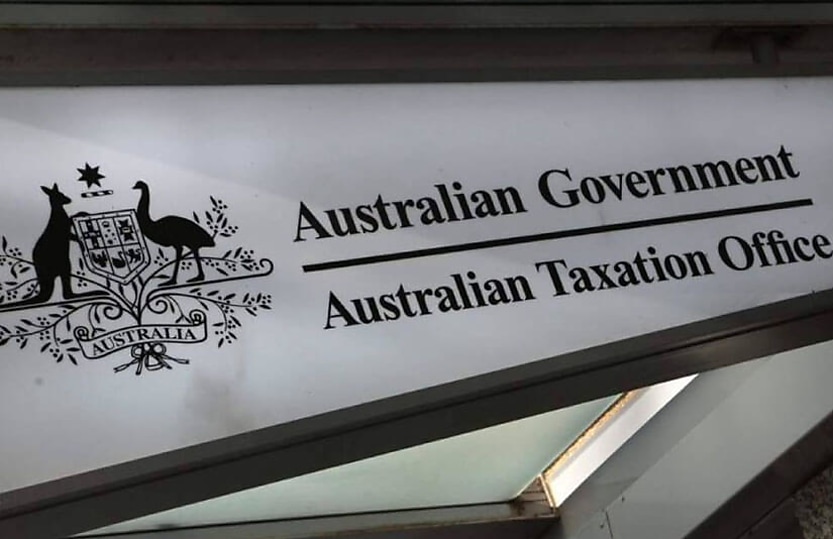ATO flags priority areas for Next 5,000 reviews for 2025

The Tax Office has provided guidance on how groups within the Next 5,000 program can prepare for a risk-based review and what its priority areas are.
In a recent update, the ATO has advised privately owned and wealthy groups about the type of documentation it will request as part of a risk-based review and what the process involves.
It has also outlined what its priority areas will be for 2025 after recently releasing the findings from the Next 5,000 reviews it conducted throughout 2024.
The ATO said these priority areas are based on a combination of behaviours and transactions that it has observed in the Next 5,000 population.
One area the ATO is targeting with its reviews is businesses that are experiencing rapid growth, which the ATO said can lead to incorrect reporting if the tax governance framework isn’t fit for purpose for a growing business.
The ATO said will also be paying close attention to businesses expanding offshore or entering into cross-border transactions with related parties.
Another priority area is businesses that are entering into arrangements such as intra-group transactions to inappropriately transfer domestic wealth.
The Tax Office will also focus on privately owned and wealthy groups that are considering inappropriate tax structures to pass on wealth to the next generation and those undertaking wealth extraction through the use of private equity funds.
The ATO said it will undertake comprehensive risk reviews where it has identified one or more of the key priority areas, issues or risks for a group through its profiling and data analytics.
“We also use comprehensive risk reviews for those private groups that did not have appropriate governance processes and procedures in place as identified in a streamlined assurance review,” it said.
The ATO said Next 5,000 groups can prepare for a risk-based review by considering the documents it typically requests including information used to prepare for the tax return, the company’s group structure, financial statements and agreements.
“Our risk-based reviews generally focus on the latest 2 tax returns that were lodged prior to the commencement of the review, so we're likely to request information for this time period,” it said.
“Based on the information we invited you to provide in the notification letter, we'll refine and share our preliminary areas of focus before we issue our request for information at the commencement of the comprehensive risk review.
“This request for information will be tailored to your business, focusing on the tax risks and issues identified from our review of the information you've shared with us.”
Where businesses and groups are notified of a risk-based review, the ATO said it encourages them to review their records and recent significant transactions or business events and correct any mistakes by making a voluntary disclosure.
About the author






